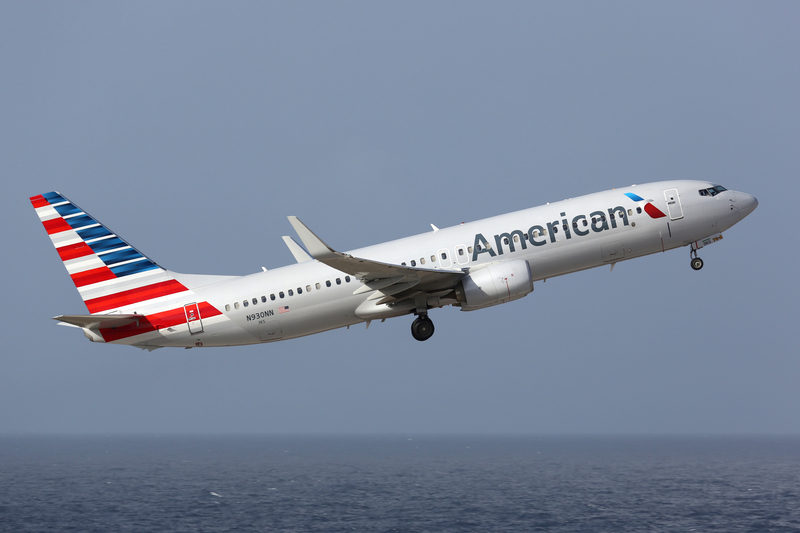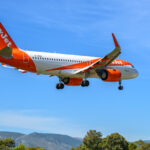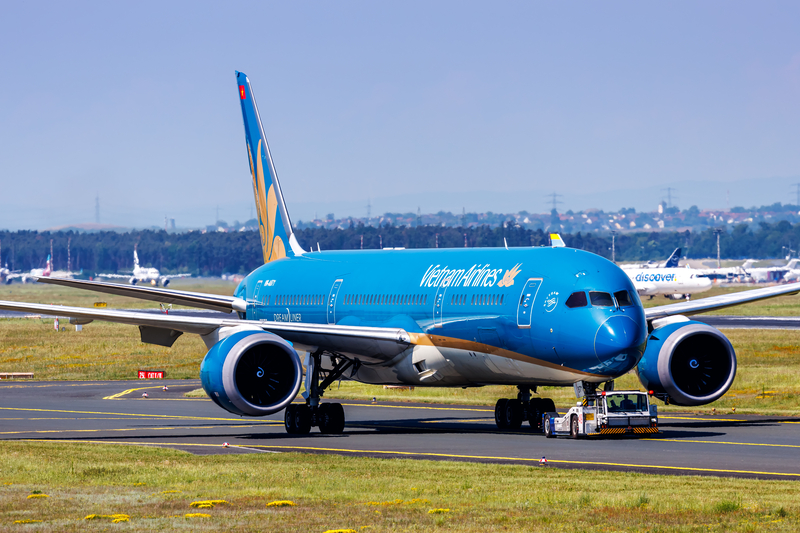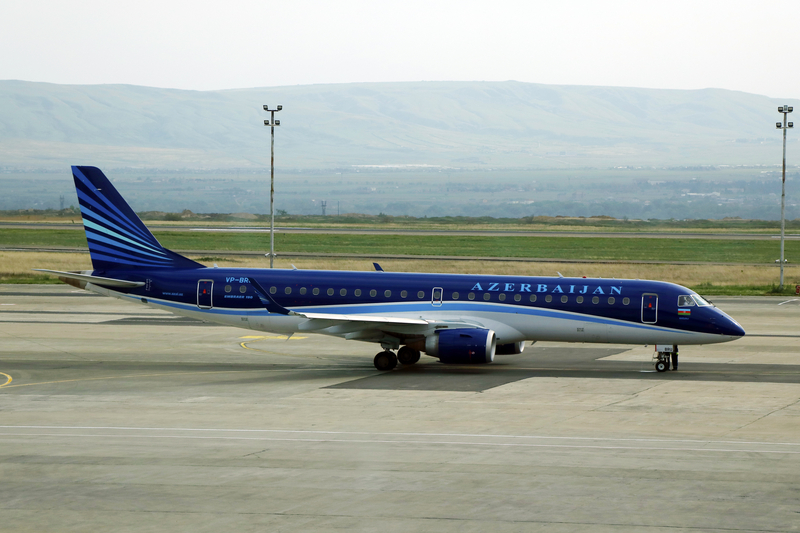American Airlines Boeing 737 Catches Fire at Denver Airport

ID 38586017 | Air © Boarding1now | Dreamstime.com
An American Airlines Boeing 737-800 experienced an engine fire upon landing at Denver International Airport (DEN) on March 13, 2025. The incident, which occurred during taxiing, led to an emergency evacuation of 172 passengers and six crew members. Fortunately, no injuries were reported, and the situation was quickly contained by airport fire crews.
Incident Details
Flight AA1006, operating from Colorado Springs Airport (COS) to Dallas/Fort Worth International Airport (DFW) was diverted to Denver (DEN) after encountered engine abnormalities in flight. The flight crew had reportedly notified air traffic control of unusual engine vibrations, but no emergency was declared before touchdown.
Upon landing, the aircraft began taxiing toward the gate when flames and smoke were observed emanating from the right engine (CFM56-7B turbofan). The flight crew immediately shut down the engine and declared an emergency. Airport rescue and firefighting (ARFF) teams at Denver International Airport responded within minutes, swiftly extinguishing the fire.
Passenger Evacuation
Due to the presence of smoke in the cabin and the potential risk of escalation, the flight crew initiated an immediate evacuation. American Airlines ground staff and first responders assisted passengers, ensuring no injuries were sustained during the evacuation process.
Eyewitnesses described the scene as tense, with cabin crew members urging passengers to leave their luggage behind and move quickly toward the exits. Several passengers later recounted the event, noting that smoke could be seen from the cabin windows as the plane came to a stop.
Investigation and Preliminary Findings
The Federal Aviation Administration (FAA) and National Transportation Safety Board (NTSB) have launched an investigation into the cause of the engine fire. Initial reports suggest that the right engine may have suffered an uncontained failure, though further inspections are required to confirm the exact cause. Investigators will focus on:
- Engine maintenance records to determine if there were any prior warnings or irregularities.
- Pilot and crew communication logs to assess decision-making before and after the fire.
- Flight data and cockpit voice recorders (FDR and CVR) for additional clues about the aircraft’s performance leading up to the incident.
American Airlines issued a statement expressing relief that all passengers and crew were safe, emphasizing that passenger safety remains the airline’s highest priority. The airline has grounded the aircraft pending a full mechanical inspection and is cooperating fully with authorities.
Industry Safety Implications
This incident highlights the importance of engine safety inspections and emergency response preparedness. Engine-related incidents, while rare, can pose significant safety risks. Airlines and regulatory bodies frequently update maintenance and safety protocols to mitigate such risks. The CFM56-7B engine, used widely across Boeing 737 Next Generation (NG) aircraft, has been generally reliable but has been the subject of past incidents involving fan blade failures.
This event also underscores the importance of efficient emergency response. The rapid action taken by the flight crew and Denver’s emergency teams played a critical role in preventing injuries and further damage.
Bottom Line
The American Airlines Boeing 737-800 engine fire at Denver International Airport serves as a reminder of the unpredictable nature of aviation emergencies. Thanks to swift crew action and efficient emergency response, the situation was managed without casualties. While investigations continue, this incident will likely prompt further reviews of engine safety procedures and emergency protocols across the industry. Travelers can take confidence in the aviation sector’s stringent safety measures, which ensure that such incidents remain exceedingly rare.




